Reconciliation
Explore resources, initiatives, and stories that highlight how sport can be a platform for healing, building relationships, and honouring Indigenous cultures. Learn how to contribute to reconciliation through education, collaboration, and inclusive practices that promote equity and celebrate diversity in the sporting world.
Search reconciliation Resources
Top 10 resources
- Aboriginal Sport Circle
- Truth and Reconciliation Commission: Calls to Action
- SIRCuit Article: 50 years of Indigenous sport in Canada: An overview of 2 key advancements and challenges
- SIRCuit Aritcle: Indigenous ways of knowing and doing connected to physical literacy, diversity and collaboration in sport
- SIRC Article: Nature games: Traditional Indigenous games and environmental stewardship in Oceania
- SIRC Article: Reconciliation as a Social Legacy of the 2020 Arctic Winter Games
- SCRI Panel: Decolonizing sport: Indigeneity, hockey, and Canadian nationhood
- SCRI Keynote: First Nations and Partnerships
- National Day for Truth and Reconciliation Resource Guide
- Native Land Digital Map
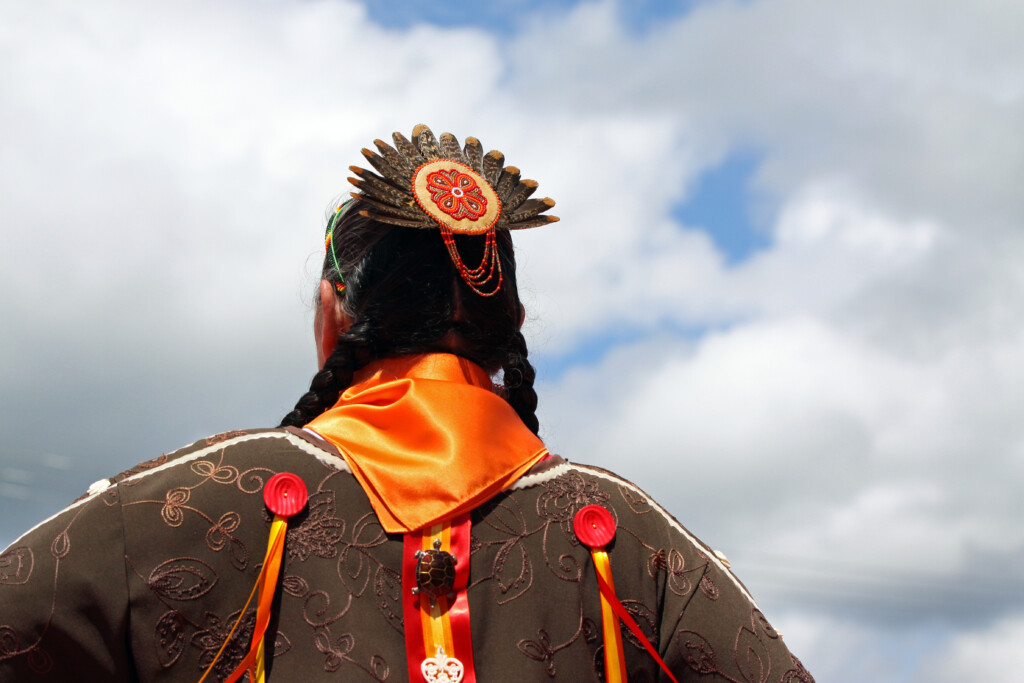
Featured resource
Truth and Reconciliation Commission of Canada

Featured resource
Manitoba Aboriginal Sports & Recreation Council (MASRC)
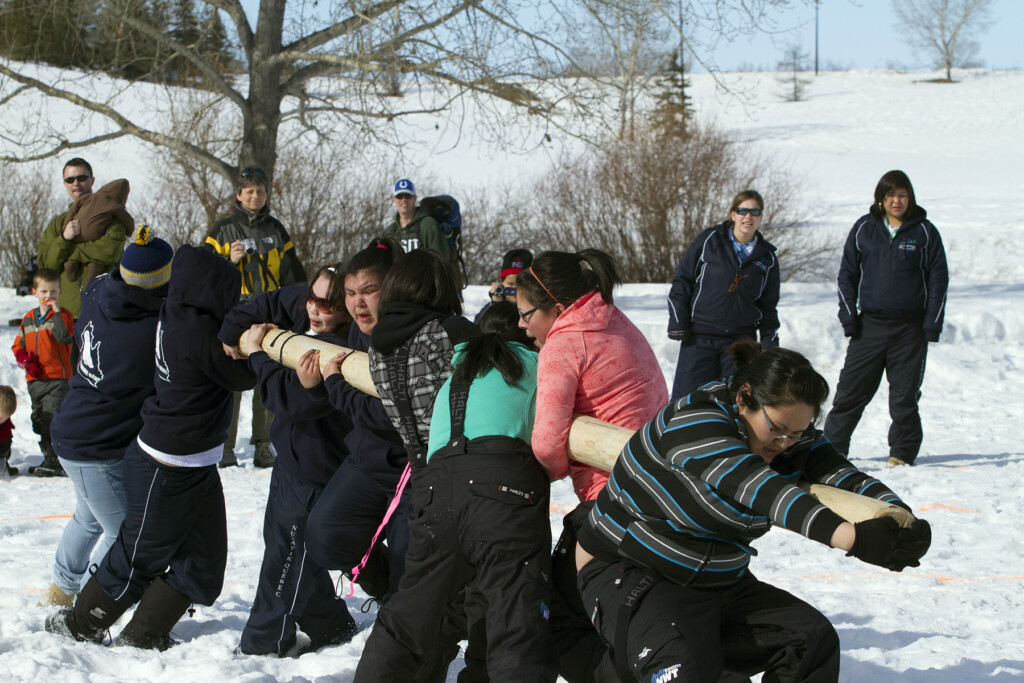
Featured resource
Janice Forsyth
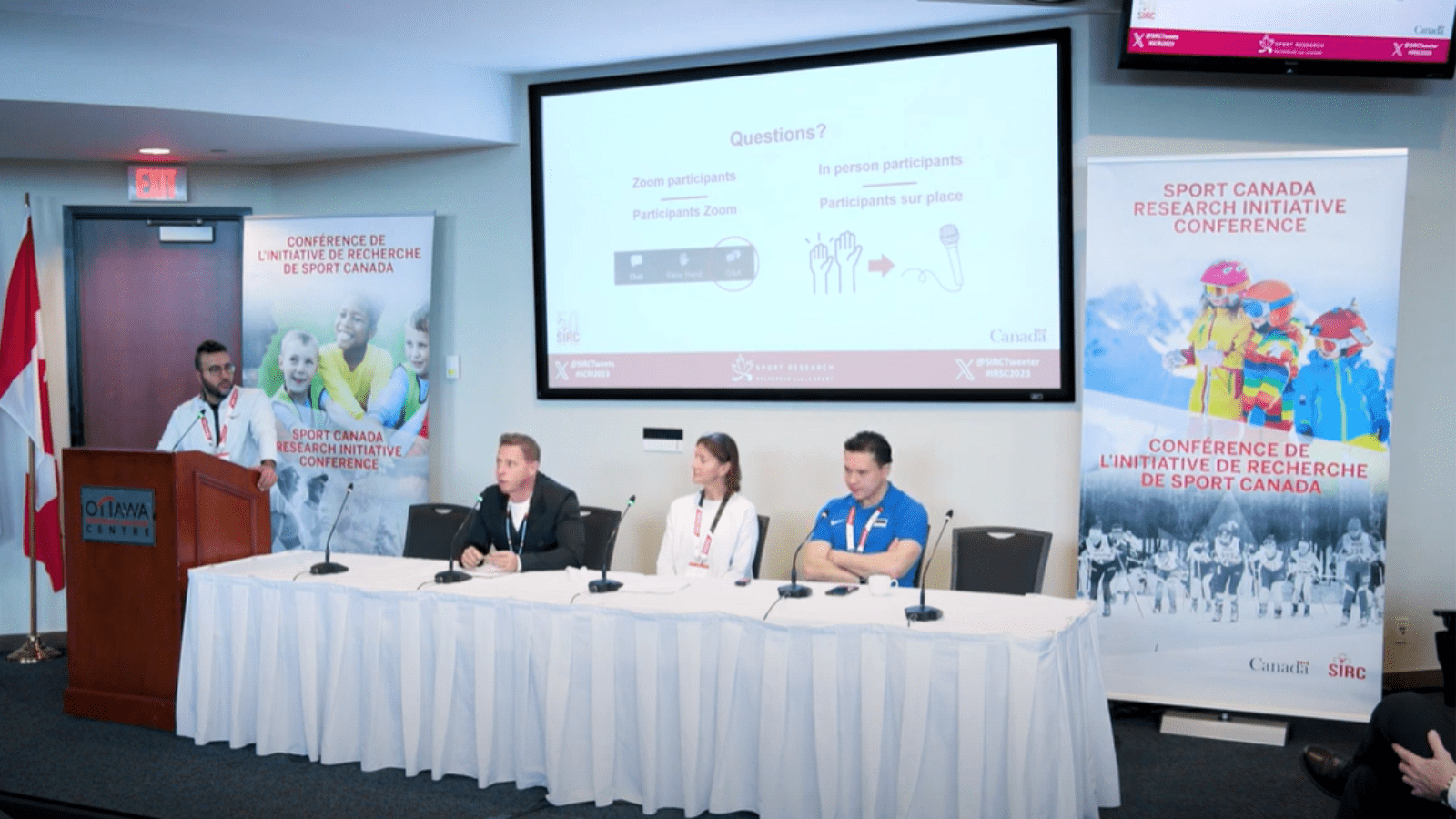
Featured resource
Western University, Queen's University, McGill University, and SIRC
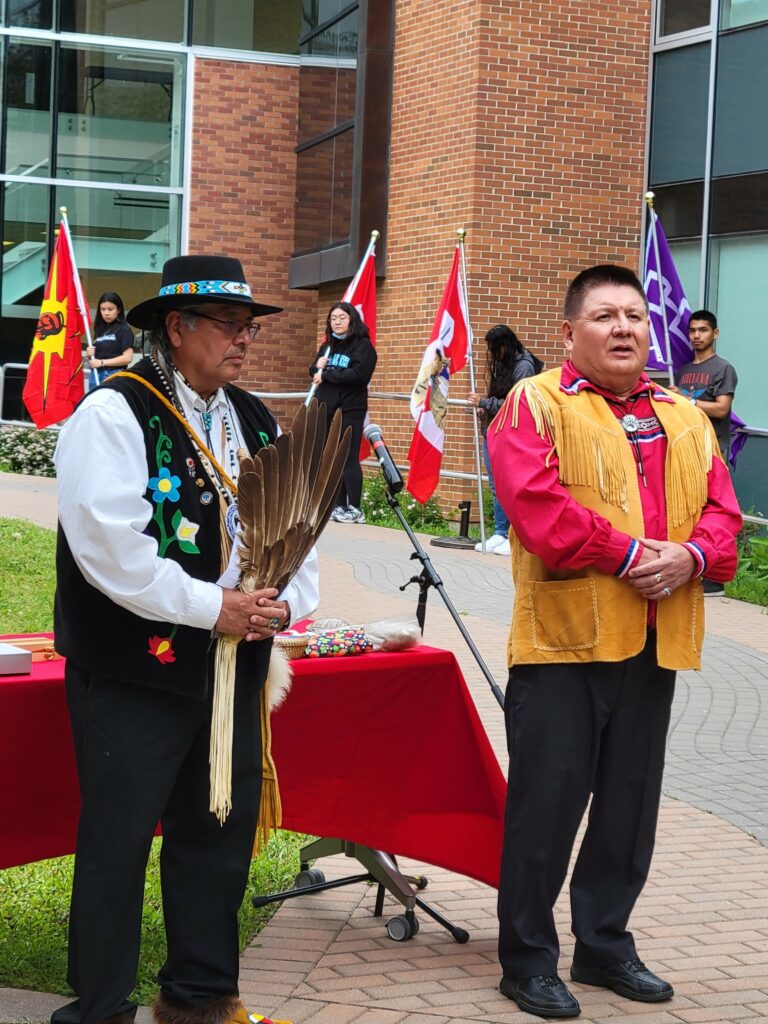
Featured resource
Greg Henhawk, Wes Chen, Caela Fenton and Veronica Allan
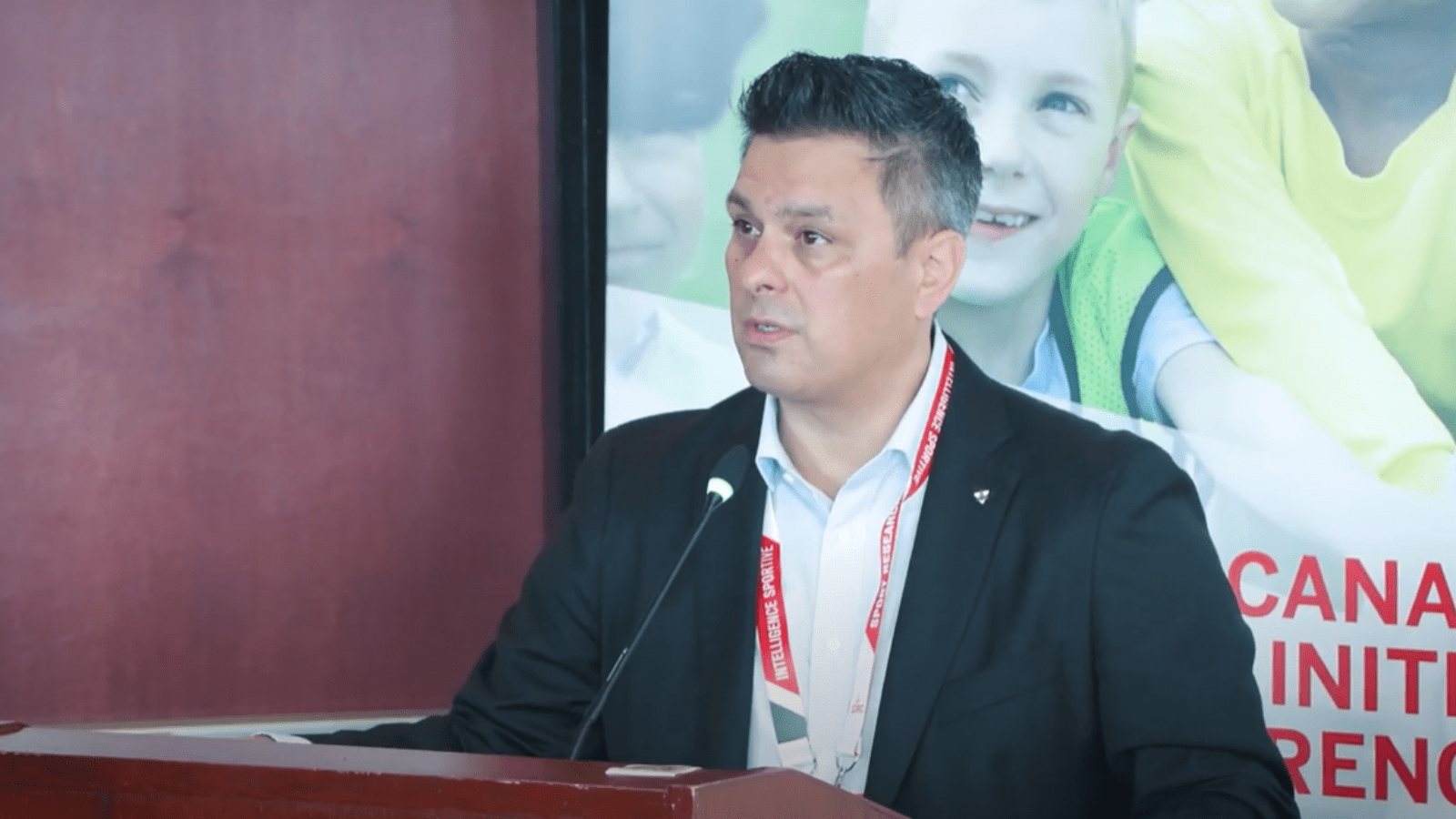
Featured resource
YMCA and SIRC
Quick Facts
What is reconciliation in the context of Canadian sport?
Reconciliation in Canadian sport involves acknowledging and addressing the historical and ongoing impacts of colonization on Indigenous Peoples. It focuses on creating inclusive and equitable opportunities for Indigenous athletes, coaches, and communities to participate in and benefit from sport, while respecting and integrating Indigenous cultures, values, and traditions.
The Truth and Reconciliation Commission of Canada (TRC) outlined 94 Calls to Action to address the legacy of residential schools and advance reconciliation between Indigenous and non-Indigenous Canadians. Calls to Action 87 to 91 specifically focus on sport and recreation:
- 87: Educate the public on Indigenous athletes' history with sports halls of fame and organizations.
- 88: Support Indigenous athlete development and fund the North American Indigenous Games.
- 89: Amend the Physical Activity and Sport Act to reduce barriers and promote Indigenous inclusion in sports.
- 90: Ensure national sports programs include Indigenous peoples, with funding, elite athlete programs, culturally relevant training, and anti-racism programs.
- 91: Respect Indigenous protocols and involve local communities in international sporting events.
How can sport organizations support reconciliation efforts?
Sport organizations can support reconciliation by fostering partnerships with Indigenous communities, implementing culturally respectful practices, and ensuring representation of Indigenous voices in decision-making processes. They can also provide education and training on Indigenous history and issues and create programs that are accessible and relevant to Indigenous athletes.
Why is it important to integrate Indigenous perspectives in sport?
Integrating Indigenous perspectives in sport is vital for promoting diversity, equity, and inclusion. It helps to break down barriers, challenge stereotypes, and build mutual respect and understanding between Indigenous and non-Indigenous communities. This approach enriches the sporting experience for all participants and contributes to the broader goal of reconciliation.
What are some examples of reconciliation initiatives in sport and physical activity?
Examples of reconciliation initiatives include the creation of Indigenous-led sports programs, land acknowledgments at events, the inclusion of Indigenous games and practices in sport and physical activity curricula, and partnerships between sport organizations and Indigenous communities. These initiatives aim to honour Indigenous heritage and create a more inclusive and respectful sporting environment.
How can individuals contribute to reconciliation through sport?
Individuals can contribute to reconciliation by educating themselves about Indigenous history and cultures, supporting Indigenous athletes and teams, and advocating for inclusive practices in their local sports communities. Participating in or organizing events that celebrate Indigenous heritage and actively challenging discrimination and biases in sport are also meaningful ways to support reconciliation efforts.
Are there Indigenous sport organizations in Canada that support the inclusion of Indigenous peoples in sport, wellness, and recreation activities?
Yes, there are many Indigenous-lead sport organizations in Canada. Every province and territory has their own Provincial and Territorial Aboriginal Sport Body or PTASB that is responsible for providing culturally relevant physical activity, sport, and recreation programming to First Nations, Métis, and Inuit peoples in their province. In total, there are 13 PTASBs in Canada, all of which are members of the Aboriginal Sport Circle (ASC), the overarching Indigenous sport body that guides national priorities and interests for Indigenous participation in sport.
What are the North American Indigenous Games (NAIG) and how do they support reconciliation?
The North American Indigenous Games (NAIG) were established in 1990 with the first Games being held in Edmonton, Alberta. NAIG is an opportunity for First Nations, Métis, and Inuit youth from across North America to participate in 15 sports. Besides sports, NAIG also includes cultural activities and performers that celebrate the uniqueness of every Indigenous nation and participant. Call to Action #88 endorses NAIG, highlighting the importance of the long-term Aboriginal athlete development program (LTAADP), and the support needed to host the Games, all while encouraging Canada-wide Indigenous participation.
How can individuals celebrate Indigenous excellence in sport?
There are many ways to celebrate Indigenous excellence in sport like nominating Indigenous coaches, athletes, and builders for awards and creating spaces for them to share their sport stories. An example of these celebratory initiatives includes the Tom Longboat award in which PTASBs are encouraged to nominate outstanding Indigenous athletes for their yearly athletic accomplishments. Another popular way to celebrate Indigenous excellence is to nominate Indigenous peoples for halls of fames like the Manitoba Indigenous Sports Hall of Fame. Although simple, these are tangible ways to respond to call to action #87 and to tell the stories of Indigenous sport stakeholders.
Where can I learn more about Indigenous athletes, coaches, or builders?
There are many great resources dedicated to highlighting Indigenous athletes. Some of them include:
Video Resources
SCRI Panel: Truth and recognition: what this means for sport leaders
- Nakanagis Inc, Toronto Metropolitan University, Iroquois Lacrosse, and SIRC
- 2021
Driving Change Spotlight: Tricia McGuire Adams
- University of Ottawa and SIRC
- 2020
8B: Problematizing the pathways to elite athlete development in Indigenous Canada
- McGill University and SIRC
- 2022
Room 10 – Contemporary Issues in Sport | Salle 10 – Questions contemporaines dans le sport
- Laurentian University, Queen’s University, University of Saskatchewan, McGill University, University of Toronto, University of Victoria, and SIRC
- 2021
Alexandra Arellano
- University of Ottawa, McGill University, University of Alberta, Sport Canada, Aboriginal Affairs and Northern Development Canada, and SIRC
- 2015
Sport North Coaching Mini-Series – Part 3: Mental Wellness Considerations for Coaches
- Sport North Federation and SIRC
- 2021
Knowledge Nuggets
knowledge nuggets
Supporting Indigenous athletes
Many Indigenous athletes move away from home to pursue competitive sport opportunities. This can come with many challenges including culture shock and disconnection from home.
Many Indigenous athletes move away from home to pursue competitive sport opportunities. This can come with many challenges including culture shock and disconnection from home. Indigenous-engaged research shows that building a social support network that spans athletes’ home and host communities and maintaining a connection to culture are important ways to foster positive experiences for relocated athletes.
knowledge nuggets
Gender, settler colonialism, and sport in Indigenous communities
Have you ever considered the dynamics between gender, settler colonialism, and sport within Indigenous communities? For instance, lacrosse, once a traditional Indigenous practice, was adopted
Have you ever considered the dynamics between gender, settler colonialism, and sport within Indigenous communities? For instance, lacrosse, once a traditional Indigenous practice, was adopted by white settlers, altering its cultural significance. Gendered expectations within settler colonial institutions, like residential schools, have also enforced ideals that impact Indigenous women’s participation in sports like lacrosse. To create inclusive sport spaces, it’s important to not only recognize Indigenous culture and challenge colonial structures, but also to prioritize gender inclusivity.
knowledge nuggets
Coach education through Indigenous perspectives
Prioritizing Indigenous voices is key for sports organizations designing coach education. Collaborative design can enhance cultural pride and support coach development by incorporating Indigenous culture
Prioritizing Indigenous voices is key for sports organizations designing coach education. Collaborative design can enhance cultural pride and support coach development by incorporating Indigenous culture and history. Using traditional methods like storytelling and mentoring, collaborative design aligns with the Truth and Reconciliation Commission’s Calls to Action, promoting Indigenous-led education and decolonizing coaching practices.
knowledge nuggets
Indigenous women role models in sport
On National Truth and Reconciliation Day, it’s crucial to recognize the vital role of indigenous women athletes as role models in sport. However, being in
On National Truth and Reconciliation Day, it’s crucial to recognize the vital role of indigenous women athletes as role models in sport. However, being in the role model position comes with unique challenges. Accordingly, research highlights the importance of valuing the voices and experiences of indigenous women to contribute to ways of knowing and being.
knowledge nuggets
Gender, settler colonialism, and sport in Indigenous communities
Have you ever considered the dynamics between gender, settler colonialism, and sport within Indigenous communities? For instance, lacrosse, once a traditional Indigenous practice, was adopted
Have you ever considered the dynamics between gender, settler colonialism, and sport within Indigenous communities? For instance, lacrosse, once a traditional Indigenous practice, was adopted by white settlers, altering its cultural significance. Gendered expectations within settler colonial institutions, like residential schools, have also enforced ideals that impact Indigenous women’s participation in sports like lacrosse. To create inclusive sport spaces, it’s important to not only recognize Indigenous culture and challenge colonial structures, but also to prioritize gender inclusivity.
knowledge nuggets
Gender, settler colonialism, and sport in Indigenous communities
Have you ever considered the dynamics between gender, settler colonialism, and sport within Indigenous communities? For instance, lacrosse, once a traditional Indigenous practice, was adopted
Have you ever considered the dynamics between gender, settler colonialism, and sport within Indigenous communities? For instance, lacrosse, once a traditional Indigenous practice, was adopted by white settlers, altering its cultural significance. Gendered expectations within settler colonial institutions, like residential schools, have also enforced ideals that impact Indigenous women’s participation in sports like lacrosse. To create inclusive sport spaces, it’s important to not only recognize Indigenous culture and challenge colonial structures, but also to prioritize gender inclusivity.
knowledge nuggets
Coach education through Indigenous perspectives
Prioritizing Indigenous voices is key for sports organizations designing coach education. Collaborative design can enhance cultural pride and support coach development by incorporating Indigenous culture
Prioritizing Indigenous voices is key for sports organizations designing coach education. Collaborative design can enhance cultural pride and support coach development by incorporating Indigenous culture and history. Using traditional methods like storytelling and mentoring, collaborative design aligns with the Truth and Reconciliation Commission’s Calls to Action, promoting Indigenous-led education and decolonizing coaching practices.
knowledge nuggets
Benefits of traditional physical activities for indigenous youth
On Indigenous Peoples Day, it’s crucial to recognize the significance of traditional physical activities for indigenous youth. In a recent review, researchers found that engaging
On Indigenous Peoples Day, it’s crucial to recognize the significance of traditional physical activities for indigenous youth. In a recent review, researchers found that engaging in traditional physical activities helped youth feel connected to their land and community while supporting the development of healthy habits. This highlights the importance of integrating traditional physical activities in future programs.
More Reconciliation resources
|
|
|
|
|
|
|
|
|
|
|
|
|
|